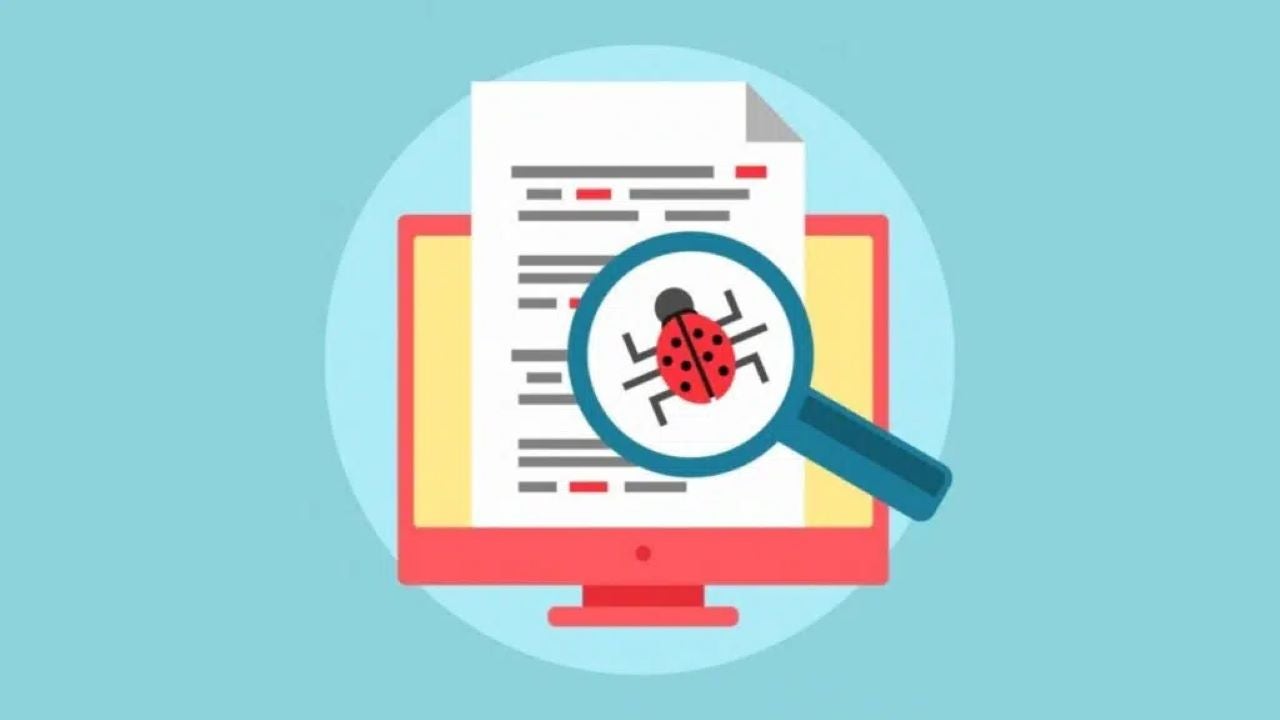News
A new malware threatens the security of WordPress
Un administrador oculto permite a los atacantes de WordPress obtener el control total

- July 25, 2025
- Updated: July 25, 2025 at 7:33 AM

Cybersecurity researchers have revealed a serious vulnerability in WordPress sites, related to a hidden backdoor in the ‘mu-plugins’ directory. These types of plugins, known as must-use, are automatically activated in all WordPress installations and do not appear in the usual plugin list, making them an attractive target for attackers.
What to do to avoid it
The malicious PHP script, discovered by the web security company Sucuri, acts as a loader that retrieves a remote payload and stores it in the WordPress database. This payload allows for remote PHP code execution, facilitating persistent access for attackers, who can manage files and reinstall the infection if it is removed.
The malware injects a hidden administrator user called ‘officialwp’, allowing attackers to control the site and perform malicious actions without other administrators being aware. Additionally, the malicious code has the ability to change the passwords of administrative accounts to a default value, blocking access to other administrators and ensuring total control of the site.
The threat is amplified by the ability of the malware to steal data and redirect visitors to fraudulent sites, which significantly impacts web security. According to experts, this backdoor allows attackers to perform a variety of actions, from installing more malware to defacing the site.

To mitigate these risks, site owners must periodically update WordPress, themes, and plugins, use two-factor authentication, and regularly audit all sections of the site, including theme and plugin files. Maintaining security is crucial to prevent attacks that could compromise the integrity and trust of the website.
Latest from Agencias
- After two decades of waiting for it, this medieval game that fans kept asking for is back
- We do not lose faith in the adaptation of 'One-Punch Man'. The project is still going strong, although we will have to wait
- Keke Palmer will star in the adaptation of this 1980s movie
- If you're a fan of Yellowstone, you can't miss this period series that just premiered on Netflix
You may also like
 News
NewsAfter two decades of waiting for it, this medieval game that fans kept asking for is back
Read more
 News
NewsWe do not lose faith in the adaptation of 'One-Punch Man'. The project is still going strong, although we will have to wait
Read more
 News
NewsKeke Palmer will star in the adaptation of this 1980s movie
Read more
 News
NewsIf you're a fan of Yellowstone, you can't miss this period series that just premiered on Netflix
Read more
 News
NewsThe surreal stories of Chuck Palahniuk will return to the big screen with this adaptation
Read more
 News
NewsThe director of 'Wuthering Heights' wants it to be the 'Titanic' of a new generation
Read more